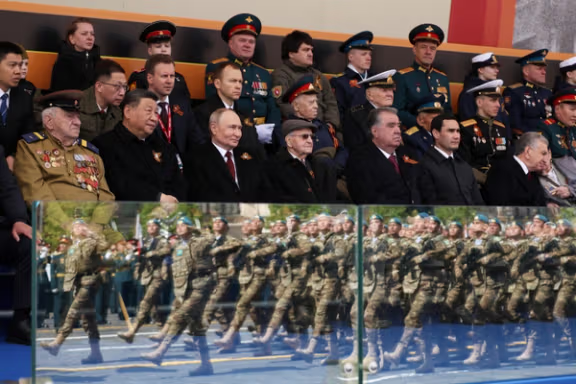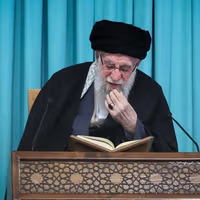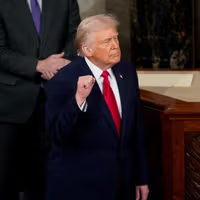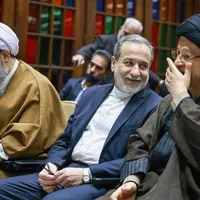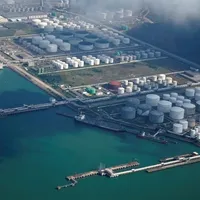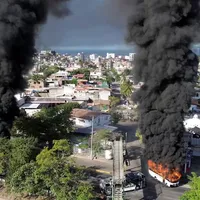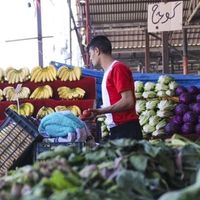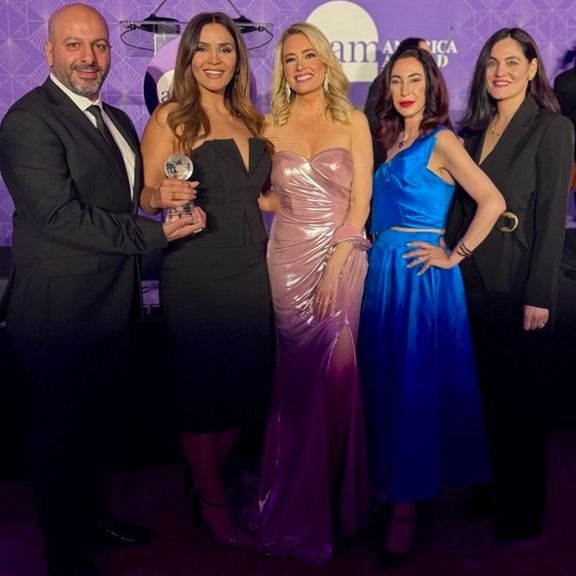Some warn that President Donald Trump is unpredictable and may change course at any moment; others go further, calling the talks a trap. There are even accusations of insider sabotage, with fingers pointed at those said to benefit from continued sanctions.
What are the doubters saying?
“The US government will block the lifting of sanctions on Iran’s oil sales and international banking,” vocal conservative analyst Foad Izadi asserted in an interview with the Didban Iran news outlet on Thursday.
Even if a deal is signed, Izadi warned, meaningful sanctions relief is unlikely because an entrenched hawkish faction in Washington is at work to undermine any agreement.
Recent comments by President Trump and his team—along with interventions from the likes of Senator Ted Cruz and Representative Mike Lawler—appear to have deepened concerns in Tehran, pushing hardliners like Izadi to break their begrudging silence.
“The Americans may attack Iran even in the middle of talks or afterward if they believe the costs of doing so are minimal. They did the same to Libya,” the US-educated pundit added.
What's the connection to Libya?
Slain Libyan leader Muammar Gaddafi gave up the North African nation’s nuclear and missile program in 2003 to improve ties with the West.
But in Tehran’s view he was betrayed once popular protests broke out in 2010, morphing into an armed revolution backed by NATO air strikes culminating in Gadaffi's grisly killing by rebels.
“Some Iranian politicians believe that if we abandon our nuclear and missile development programs, the US will treat us as favorably as it treats Saudi Arabia,” former MP Elias Naderan told Khabar Online on Thursday.
“But in reality, they will treat us just as they treated Syria and Libya.”
As long as the Islamic Republic is in conflict with Israel, there will be no rapprochement with the United States, Naderan asserted.
His comments signal a return to older hardline rhetoric that equates disarmament with vulnerability in the face of unwavering hostility from the US, hastening the downfall of the theocracy.
Who is being accused of sabotage?
Some moderate and centrist are accusing former security chief Ali Shamkhani of leaking confidential details about the ongoing talks.
The accusations have found more relevance because Shamkhani’s son is allegedly involved in exports of Iranian oil and his business could suffer, according to his critics, if sanctions are lifted.
Earlier this week, a website with links to Shamkhani published a report with some details from the ongoing talks between Tehran and Washington—including a claim that the US government had accepted that Iran does not possess nuclear weapons.
“Shamkhani’s disclosure … has fueled pressure from US neoconservatives on Trump and his Middle East envoy Steve Witkoff, thereby jeopardizing the negotiations,” centrist outlet Entekhab wrote in an editorial.
What do the critiques mean?
While Tehran continues its cautious diplomatic engagement with Washington, these public statements reflect a fractured elite struggling to agree on whether diplomacy is a shield or a trap.
The resurfacing of Libya parallels, warnings about war, and accusations of sabotage all point to a deeper anxiety about the outcome of the talks—and the fate of the Islamic Republic.
